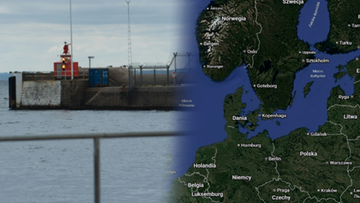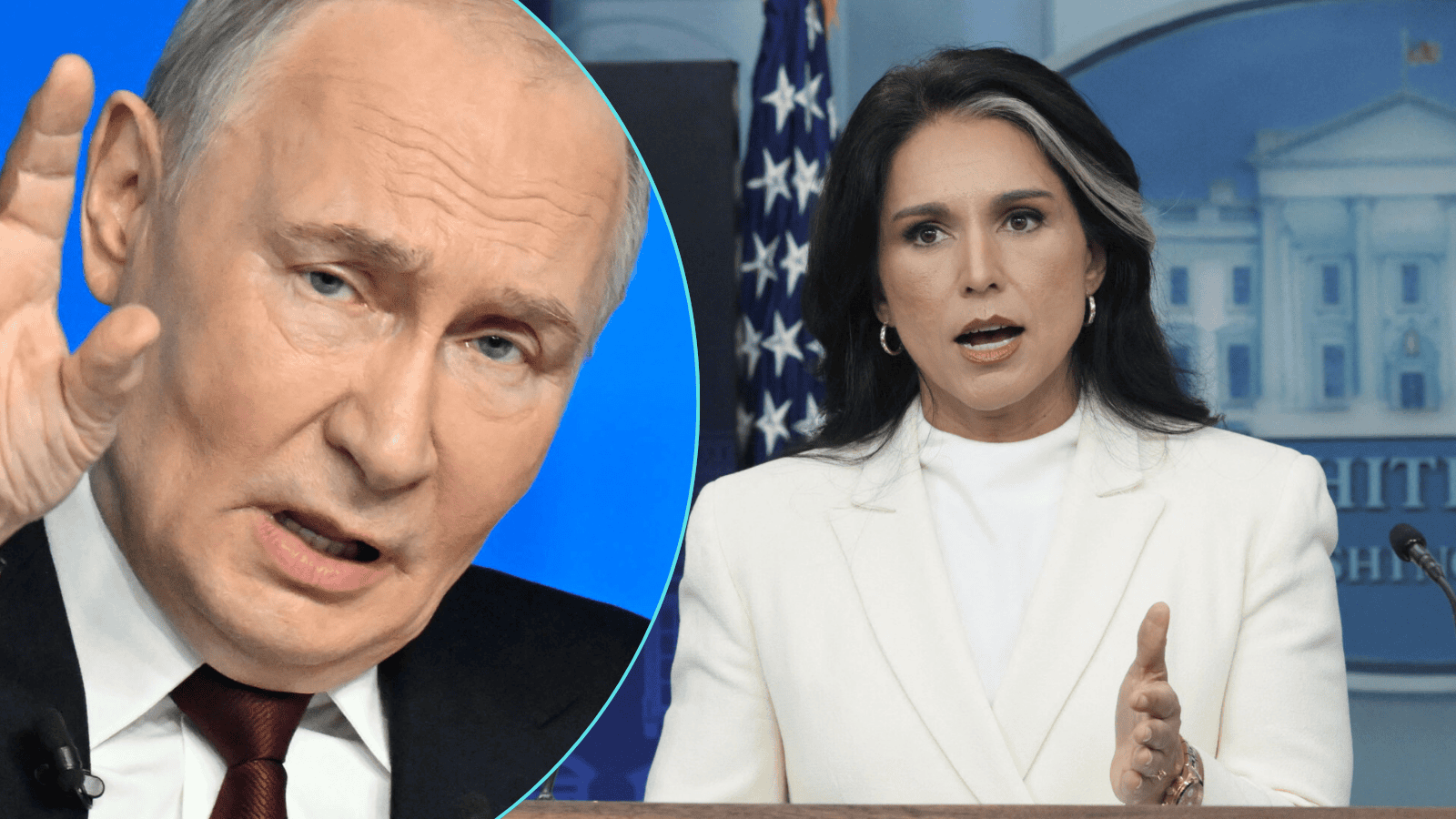Nigel Farage (Reform UK) has urged the Bank of England to embrace cryptocurrency and revise its quantitative easing approach during his first formal meeting with Governor Andrew Bailey. The Reform leader, who previously called Bailey "hopeless", described the encounter as positive.
Farage's deputy Richard Tice, who attended the Threadneedle Street meeting, called it a "significant moment" and said Bailey was "keen to engage". The discussion focused on cryptocurrency policy and the costs of the Bank's money printing programme.
Cryptocurrency and monetary policy debate
Farage has become increasingly vocal about cryptocurrency, with Reform beginning to accept Bitcoin donations in May. He has called for the Bank to create a "strategic reserve" of digital assets and criticised the UK's current approach as "madness".
After the meeting, Farage said their cryptocurrency discussion had been "encouraging" but felt the Bank was "moving a little too slowly" on the issue. He said: "I think they're adopting an overly cautious approach. What he did say was, in that world, that they are looking at it. He said 'our minds are not closed on this issue'."
Tice welcomed Bailey's comments on quantitative easing, which Reform has criticised for causing significant taxpayer losses. The party pledges to save "tens of billions" by stopping interest payments on central bank deposits and halting quantitative tightening.
Farage also proposed returning financial regulation to the Bank of England, claiming the 2008 financial crash would have been less "severe" if the City had not been regulated by the Financial Conduct Authority. He suggested this policy change ahead of his meeting with Bailey.
Parliamentary scrutiny calls
Tice has called for a Parliamentary debate on quantitative easing ahead of November's Budget, arguing it could change the Chancellor's calculations. He said: "We had an important, big discussion about quantitative easing, whether the Bank should be paying interest on that, and what we've agreed is, actually, this is a matter for Parliament."
Farage insisted he had not called for further interest rate cuts despite media reports suggesting otherwise. When asked about the Bank's independence under a potential Reform government, he avoided a direct answer, saying: "What I think the problem is, I'm not actually sure that in Parliament anyone really understands what the relationship between fiscal policy, monetary policy and the relationship with the Bank is."
Economic vulnerabilities exposed
Research by campaign group Best for Britain revealed potential weaknesses in Reform's economic position. A YouGov survey of 3,000 would-be Reform voters found 57 per cent rated attacks on Farage's spending plans and economic credentials as the "most convincing" negative statements about the party.
Labour MP Liam Byrne responded by urging his party to "reset" its strategy on Reform and "take ruthless aim at the weak centre of their offer". The Commons Business and Trade Committee chairman said: "The reality is Nigel Farage is Liz Truss 2.0 - a false preacher of patriotism who would leave Britain poorer but the richest richer. He flirts with US-style health insurance, he cheered on the Truss mini-budget and now he's peddling billions in unfunded promises that mean one thing for working families: higher mortgages, higher bills, weaker rights at work and longer NHS queues."
Sources used: "PA Media" Note: This article has been edited with the help of Artificial Intelligence.









